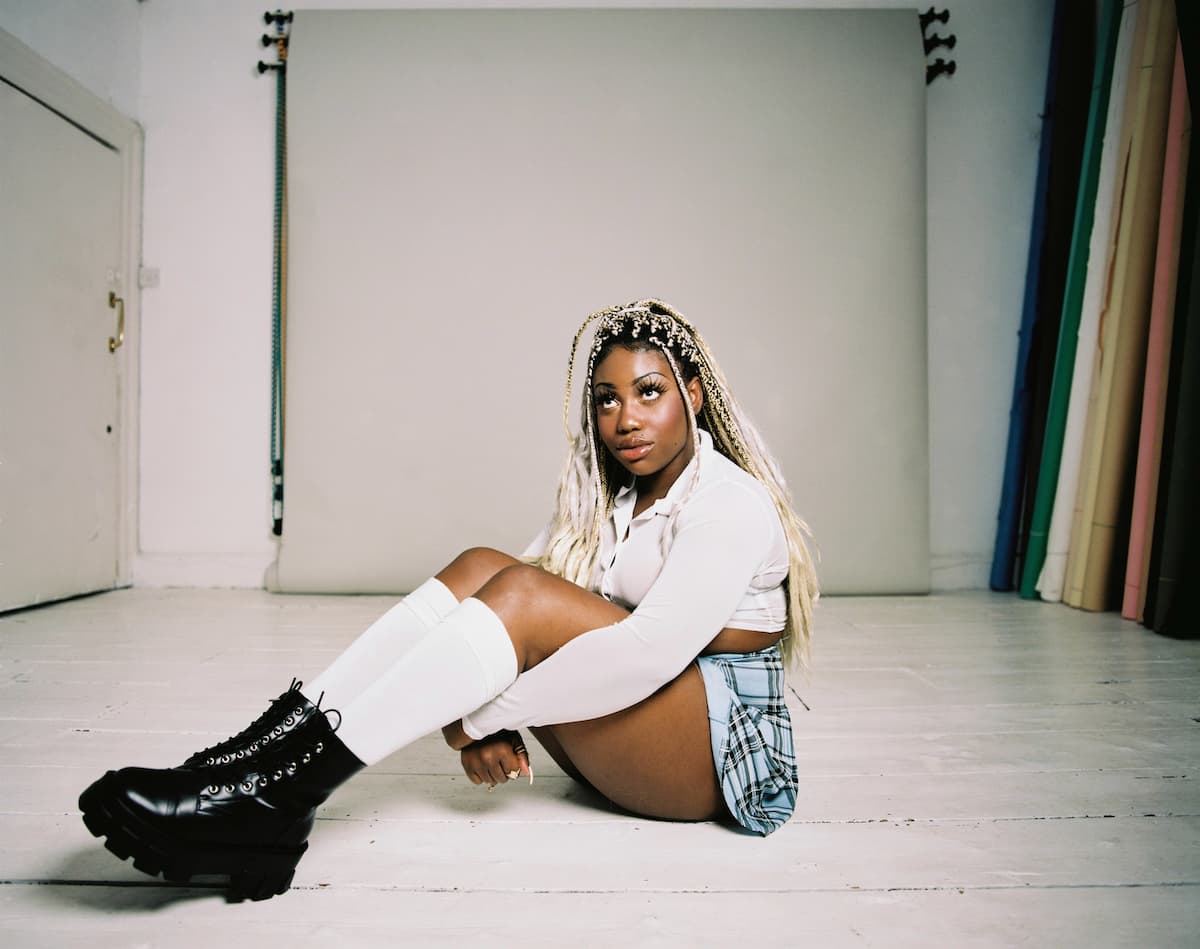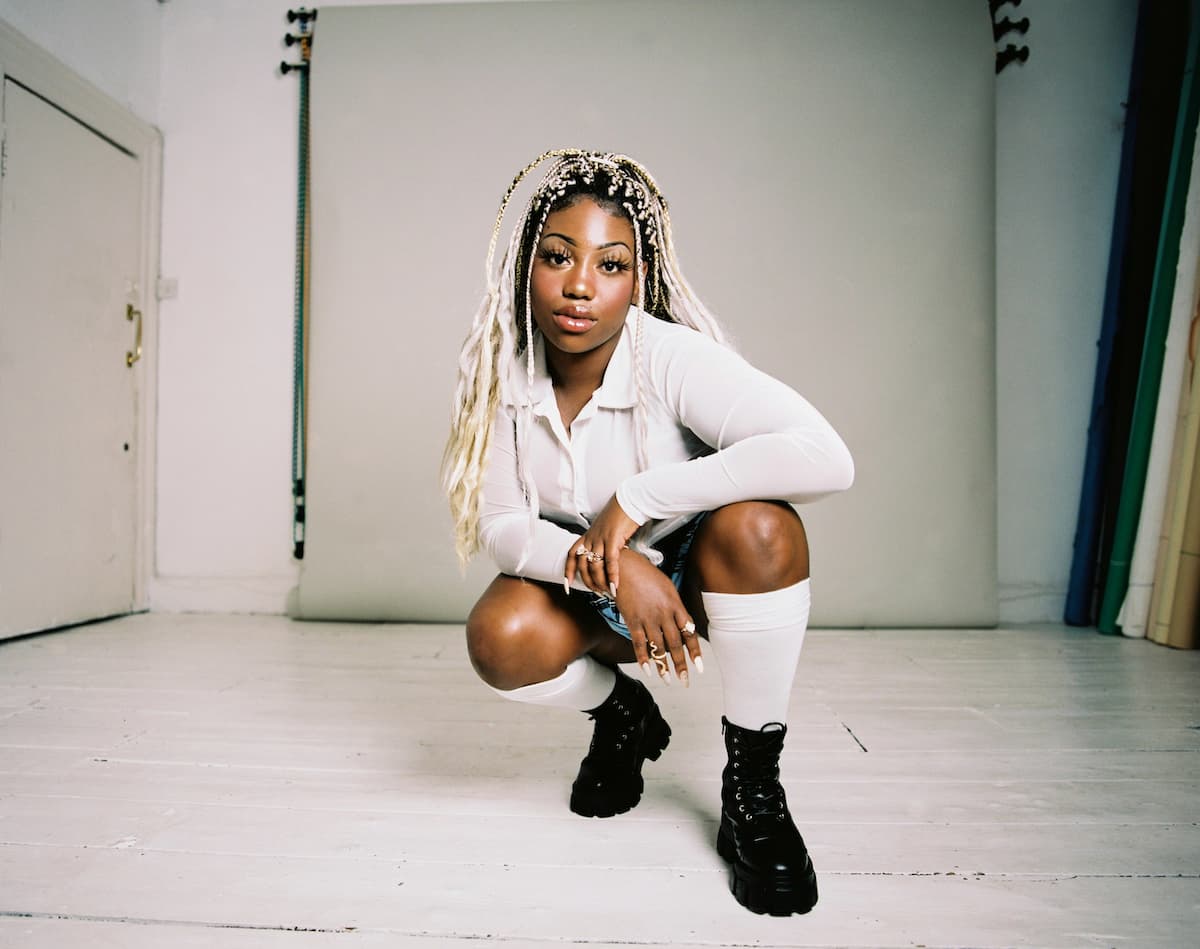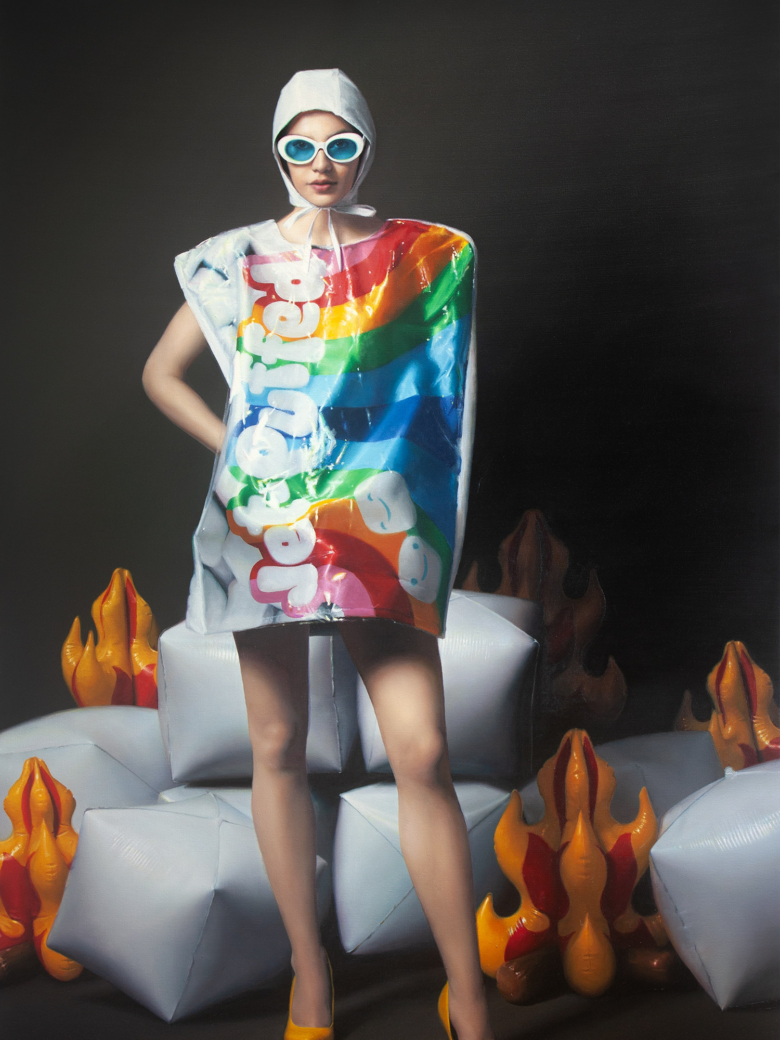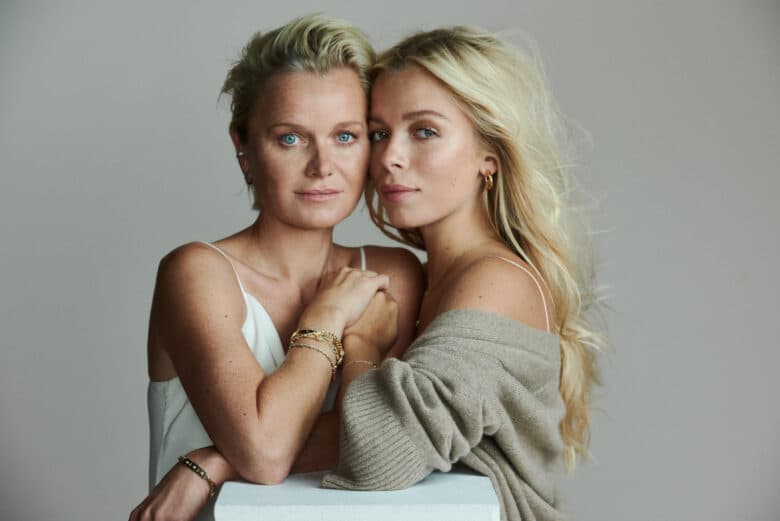Natasha Johnson is fighting for All Black Lives
There’s no way around it” 2020 has been deeply painful, particularly by the communities hit hardest by the virus and ongoing inequalities. But, hopefully, we’ll also look back on this year as a moment when society underwent a much-needed paradigm shift. Long ignored, the conversation around racial justice took on a new urgency after individuals took to the streets around the world to protest the murder of George Floyd. As talk of prison abolition entered the mainstream and individuals began to acknowledge the need for radical change, community organisers found new and ingenious ways to advance the antiracist cause, despite the difficulties imposed by the pandemic.
Among these activists is Natasha Johnson, the co-founder of All Black Lives UK which campaigns to improve conditions for members of the Black community in the UK regardless of class, age, gender and sexual identity. Natasha takes the time to speak to HUNGER about her political awakening and why intersectionality matters in an interview accompanied by exclusive portraits taken by Rosie Foster.
Tell us a bit about yourself.
My name’s Natasha, I’m 21 and originally from Buckinghamshire. I went to university in Bath to study creative writing and drama, stopped to be an activist and now I’m back in Buckinghamshire. I enjoy long walks from Marble Arch to Parliament Square and love singing songs as I walk such as “Boris Johnson’s a P*ssio”, and “Run Me My Reparations”. Even though life has taken me down a different route, my love for poetry and spoken word has not gone away and I’m still very passionate about both writing and reading poetry.
When did you first become involved in activism?
Being an outspoken Black woman has always been a political statement, however, I would say the 2017 Brexit vote awoke something in me that drew me towards activism. The Brexit result really frustrated me and I felt like something had to be done.
Why did you start All Blacks Lives?
We started All Black Lives because we had to. After watching what had happened in the US with George Floyd’s cold-blooded brutal murder and reflecting on the racism I have experienced my whole life. I knew I had to use my voice and platform to evoke some kind of change. [Fellow activists] Aima, Tyrek and I wanted to start All Black Lives to unify the anti-racist community whilst uplifting Black voices.

Why is it important for social justice movements to be intersectional in focus?
All Black Lives means just that, we aren’t just talking about race we are also talking about the LGBTQIA+ community, classism, police brutality, systemic racism and misogynoir.
What do you think needs to change about activism right now?
The perception of activism needs to change. It’s not looting or defying authority, it’s using our right to gather in union over subjects that need attention to get them the attention they need.
Who’s one under-appreciated figure you’d like to shout out and why?
Mary Seacole. A Black Jamaican nurse during the Crimean War, in the late 1800s. Black people have such a rich and extensive history in this country, that everyone should be committed to learning about.

How do you avoid burnout as an activist?
When I find out I’ll let you know, however, I’m learning as I recover and heal that you have to take time for yourself and time out to escape and relax your mind
What’s next for you?
Obviously I’d love to take over the world but, for me, it’s seeing where All Black Lives take me.
Finally, what are your hopes for the future?
To eradicate racism, and I hope that non-racist people outweigh racist people so it makes our fight for equality much easier.
Follow Natasha on Instagram.

